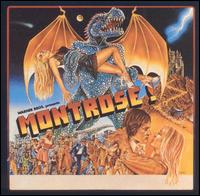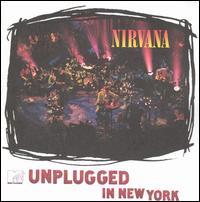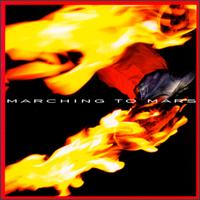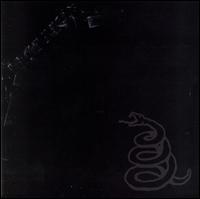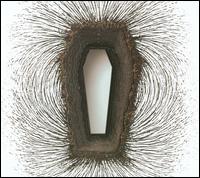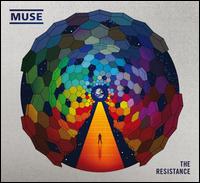Now Playing: Chickenfoot (2009)
Topic: Chickenfoot
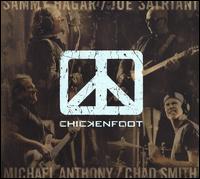
This newly formed supergroup is comprised of four rather talented and professional musicians - Sammy Hagar (formerly of Van Halen), Joe Satriani, Michael Anthony (also formerly of Van Halen), and Chad Smith (of the Red Hot Chili Peppers). All fine musicians in their own right, but does this somewhat odd medley of rockers fit together? Perhaps at first glance, they don't, but take a listen to their debut self-titled album. They form Chickenfoot (what an odd name!). It is a hard rockin' album, something you'd expect from legendary frontman and songwriter Sammy Hagar, but also, it features some nicely crafted ballads striking a good balance - another Hagar quality. For the most part, this album I feel strikes a nice balance between tight professional precision, and all-out party-like rock. It at times sounds reserved, and often it lets out. And while it does feature many high notes, some songs do fall flat.
I like a lot of the material on this album (as you'll see in the TRACK HIGHLIGHTS listed below), but there are some songs that I simply don't at all. Many of them I feel are more in tune with an older generation, an older crowd, and considering Hagar is going to be 63 years old (but still sounding amazing), he clearly is and should be appealing to this older party-hard crowd. Some songs like "My Kinda Girl" don't seem to be targeted to a younger audience, but more toward people who grew up listening to these guys play in their prime (like 1980s Van Halen). It's not a bad thing, and I'm not trying to turn it into a negative, because if anything, it is actually rather appropriate. I personally love Van Halen's music, as well as Hagar's, but some tracks on Chickenfoot don't share the same sentiments - as Hagar is playing to a certain crowd.
There are many songs that appeal to a much more broad audience - and that are just straightforward good rock, like "Oh Yeah" and "Down The Drain." There are some nice ballads as well, like "Learning To Fall." These three tracks I just mentioned are the album's best, and express the best of all the contributing members from this supergroup.
Like some other supergroups out there, Chickenfoot hasn't completely gelled yet, and won't perhaps until their next album - if they release a second record, as I believe they will, and should! I am a big, big fan of these musicians here, particularly Sammy Hagar, and ultimately, this album was a big treat for me. I liked some parts more than others, but as a whole, it turned out to be pretty good. I definitely look forward to their next release, because it will only get better, as they will surely work out any kinks and compliment each other only more so.
I definitely reccommend Chickenfoot's debut album, as it certainly features some nice highlights. And it seems that these four guys are really having a lot of fun at what they do - and that alone makes it worth listening to.
TRACK HIGHLIGHTS:
"Oh Yeah"
"Down The Drain"
"Learning To Fall"
"Avenida Revolucion"
"Get It Up"
"Soap On A Rope"
-Kurt L.
___________________________________________________________
Updated: Friday, 9 April 2010 9:37 AM EDT
Post Comment | Permalink | Share This Post


